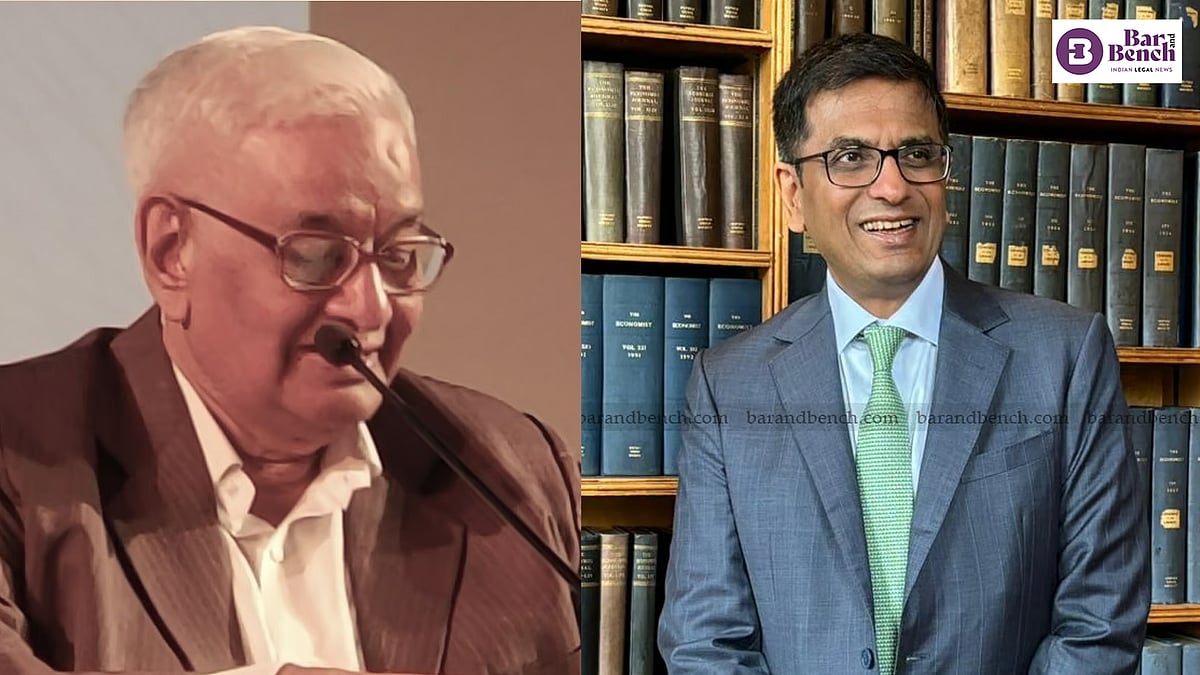 |
|
The statement by Justice RC Chavan, a former judge of the Bombay High Court, regarding Chief Justice of India (CJI) DY Chandrachud's concerns about his legacy has sparked debate within the Indian judicial landscape. Justice Chavan contends that a judge should not be burdened by anxieties about public perception or historical judgment. He argues that the core principle of judicial integrity demands impartiality and unwavering commitment to the law, free from the influence of public opinion.
Justice Chavan specifically criticizes CJI Chandrachud's statement that he wonders how history will judge his tenure. Chavan posits that such a sentiment is unbecoming of a judge, emphasizing that the pursuit of justice should be driven solely by the law and not the desire for popular approval. He further emphasizes that the principle of public trust does not necessitate pandering to public opinion, and judges must remain steadfast in their commitment to delivering judgments based on legal principles and facts, regardless of potential public reaction.
The crux of Justice Chavan's argument lies in the fundamental principle of judicial independence. He asserts that judges should be immune to external pressures, including public opinion, and focus exclusively on dispensing justice fairly and impartially. The fear of historical judgment, according to him, can compromise the integrity of the judicial process, leading to potential bias and deviation from the principles of law. His critique highlights the delicate balance between judicial accountability and independence, urging judges to uphold the highest standards of impartiality and integrity in their decision-making.
Source: Unbecoming of CJI DY Chandrachud to worry about his legacy: Justice RC Chavan
